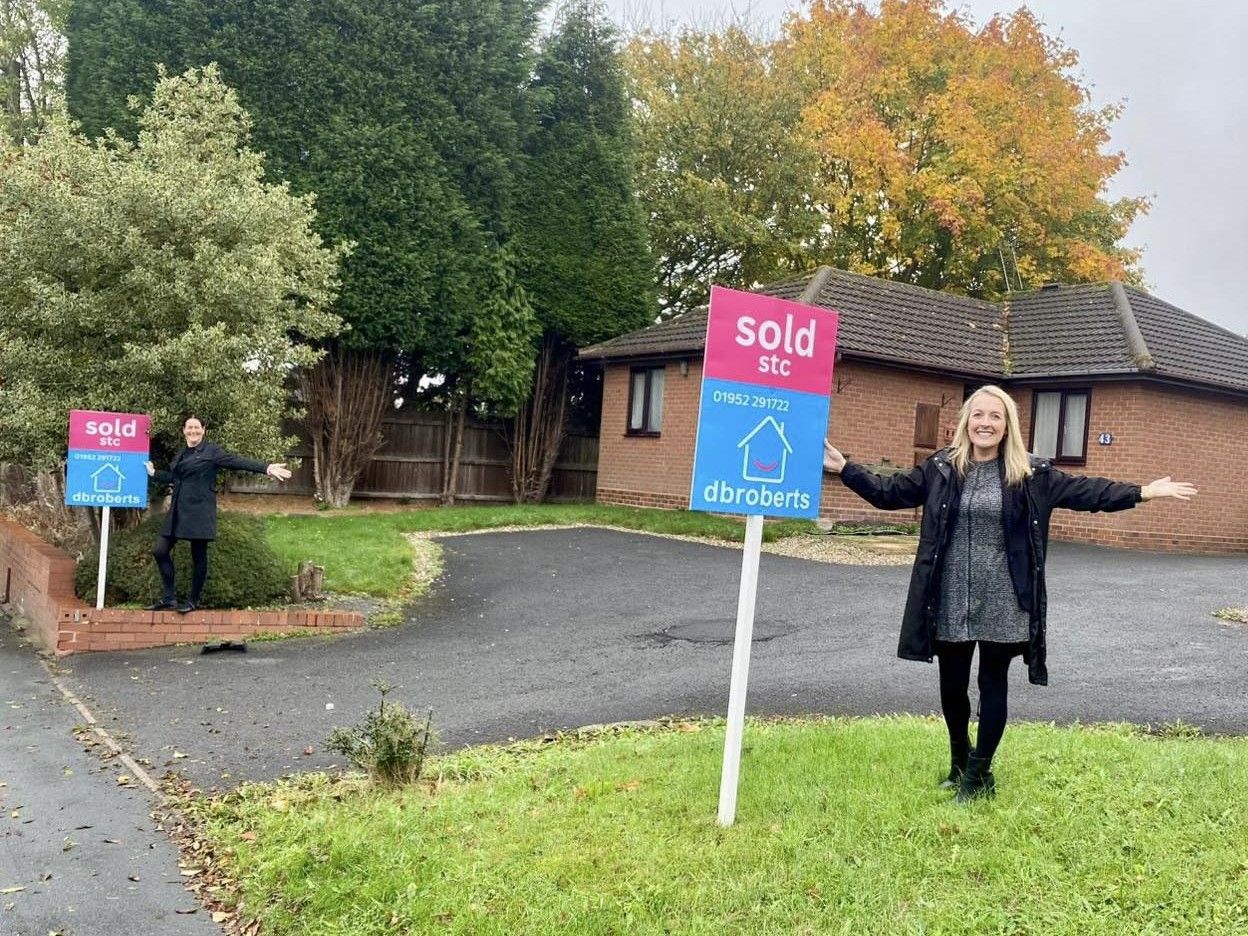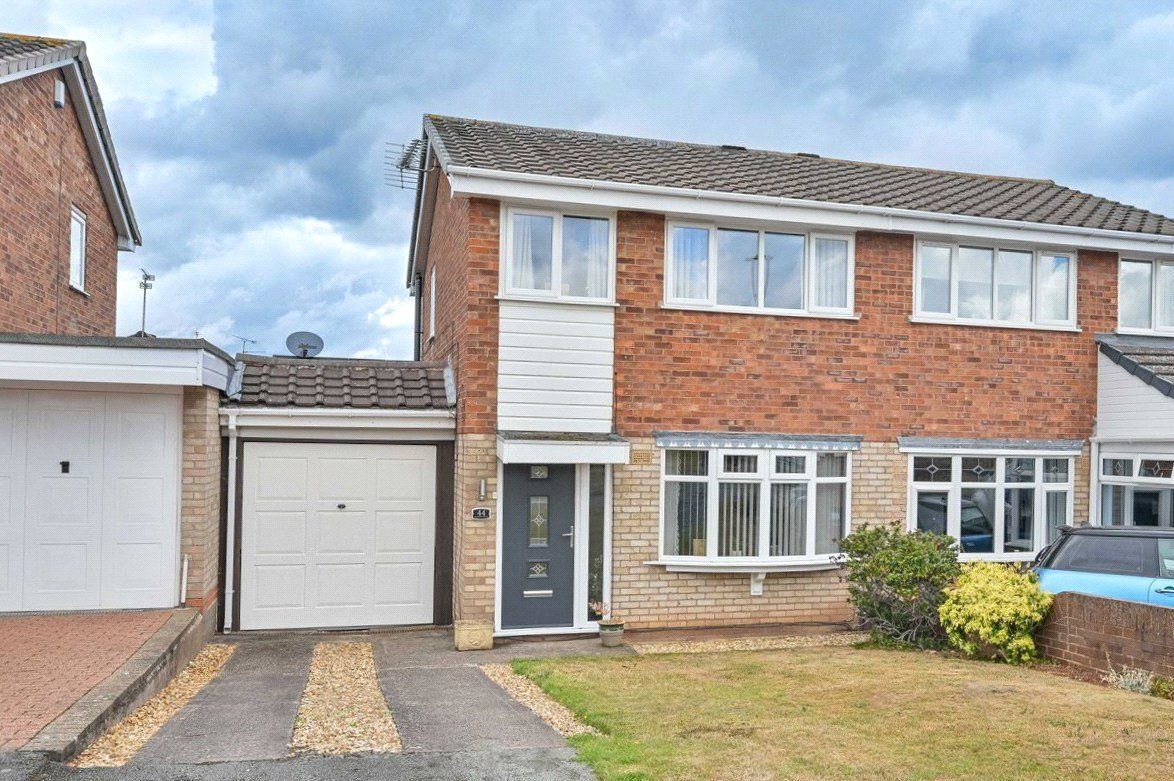As per the Renters (Reform) Bill, a fresh property portal will be introduced by the government. This portal will serve as a singular "entrance," aiding landlords in grasping their duties while granting tenants deeper insight into their landlords' adherence. Additionally, the portal will provide local councils with expanded data access, enabling them to pinpoint criminal landlords.
In April 2024, the Government put forth additional revisions to the Renters (Reform) Bill in anticipation of its forthcoming third reading in the House of Commons, expected toward the end of April. All adjustments to the Bill have received approval from Michael Gove, Secretary of State for Levelling Up, Housing, and Communities.
During its conclusive third reading and debate, MPs are barred from introducing any further amendments or alterations to the Bill.
Here's a comprehensive guide for landlords on the new property portal:
Why is the government introducing a new property portal for landlords?
This decision stems from the publication of the Fairer Private Rented Sector White Paper in June 2022, where the concept of a property portal was initially introduced. While England currently lacks such a portal, Scotland and Wales already have similar registers for private landlords.
The portal aims to be a central and digital overview of landlords and their properties across England. It is effectively a database that will cover landlords and their properties.
What will the new property portal for landlords look like?
The upcoming digital property portal aims to become a reliable "one-stop destination for rental guidance in the PRS." It will enhance transparency for tenants regarding the quality of their rented accommodations and provide councils with greater insight into significant issues as they arise. The government will test potential solutions for the portal, focusing on user research and engaging with representative groups to make sure that the new system works for everyone involved. The final solution will be designed to adapt and support future policy advancements, ensuring its relevance and effectiveness over time.
How and when will the portal be introduced?
The government outlines that it will initially create a database to cover both landlords and their properties. Once this database is in place, it will provide the foundations of a "future Privately Rented Property Portal service." Although the portal will be digital, there will also be a "non-digital method of registration" available, and an easy way for local authorities to navigate this data.
What will be the rules for entries in the database?
Landlords and their properties will be given the category of "active" or "inactive". If an entry is marked as inactive, the landlord cannot market, advertise, or lease the property unless it's reactivated. Inactive entries will be archived for five years before being permanently deleted. Active landlords and their properties will be assigned a "unique identifier," which must be included in any written advertisements to confirm registration in the database. To maintain "active" status, landlords must ensure that their entries are kept current, and there will be no charge for updating records.
How will compliance be improved through the new portal?
The government will also look into how it can combine the compliance and legal requirements in the portal to achieve the portal's goal of creating more transparency. A "lead operating authority" will be considered too, to help local councils use the portal in the best way.Moreover, the portal will serve as a tool for councils to crack down on criminal landlords. It will effectively function as a "rogue landlord" database, encompassing entries on banning orders, convictions for serious offenses, and other violations.
Once the property portal is introduced, it has been proposed in January 2024, that local authority landlord licensing will end as it will create unnecessary duplication of effort.
How will communications be improved alongside the portal?
The white paper recognises that there are many rules and regulations for landlords to follow, which can be "overwhelming" - particularly for first-time landlords - and that communication is therefore key to "ensure clarity across the sector".
The government plans to explore methods for ensuring that messages effectively reach the appropriate groups. This involves leveraging existing touch points to enhance communication with individuals receiving benefits and collaborating with partners like Citizens Advice and the National Residential Landlords Association, who already provide information to landlords and tenants.
How will visibility into the rights and responsibilities for tenants and landlords be improved?
Landlords are already required to share the "how to rent" guide with their tenants at the start of the tenancy. The white paper outlines that, in the future, landlords will also need to provide a written tenancy agreement which sets out all the basic information and responsibilities for the parties involved - which should help avoid disputes.
What information will tenants be able to access through the portal?
While tenants will have access to "essential information regarding their landlord's identity and adherence to crucial legislative obligations," the white paper indicates that not all data will be accessible to the public. It will instead balance landlords’ privacy concerns against the information that private tenants require to make an informed decision when choosing their new rented home.
Please note this is intended as a guide only and is not exhaustive. Read more on the recommendations at gov.uk.
Our expert property management team are here to guide you every step of the way. Whether you need assistance with navigating legal requirements, calculations or property management, we've got you covered. Click here to contact us.
Need help? Speak with a member of our team
Speak with one of our advisors today for a personal touch.
Contact Us














